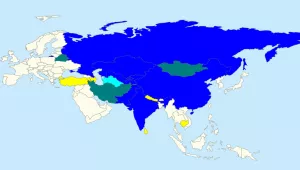Beyond 9/11: Homeland Security for the Twenty-First Century
Overview
For Americans, the terrorist attacks of September 11, 2001, crystallized the notion of homeland security. But what does it mean to "secure the homeland" in the twenty-first century? What lessons can be drawn from the first two decades of U.S. government efforts to do so? In Beyond 9/11, leading academic experts and former senior government officials address the most salient challenges of homeland security today.
The contributors discuss counterterrorism, cybersecurity, and critical infrastructure protection; border security and immigration; transportation security; emergency management; combating transnational crime; protecting privacy in a world of increasingly intrusive government scrutiny; and managing the sprawling homeland security bureaucracy. They offer crucial strategic lessons and detailed recommendations on how to improve the U.S. homeland security enterprise.



